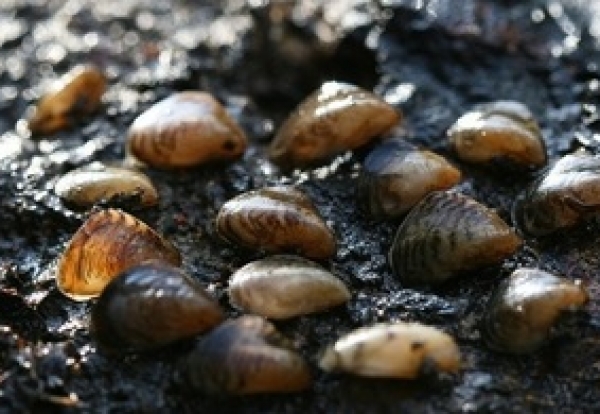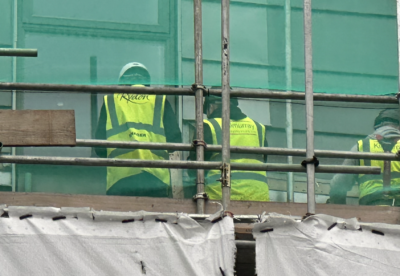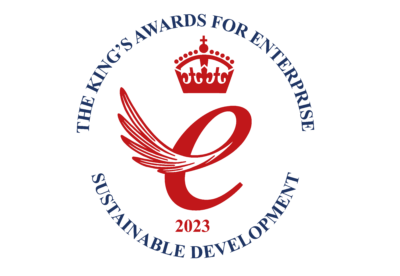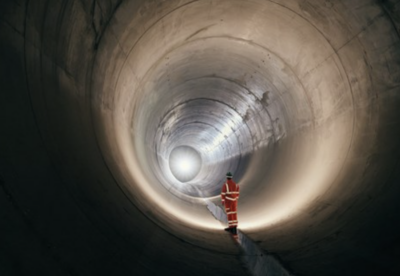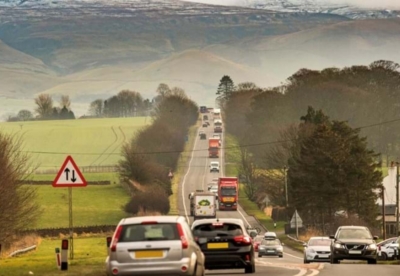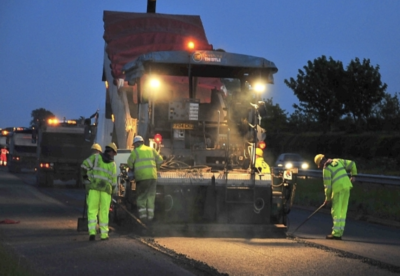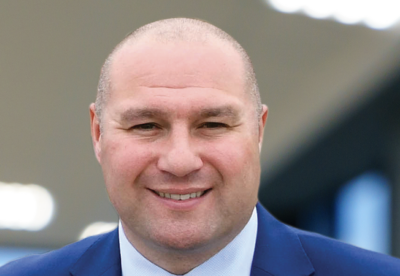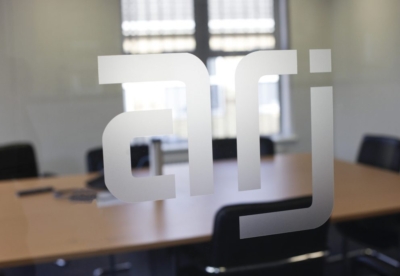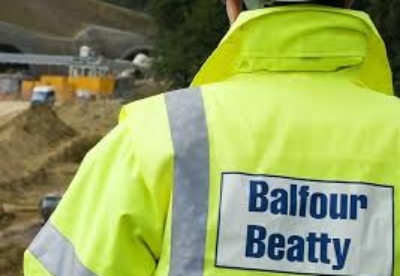Government experts confirmed last week that quagga mussels have been discovered at Thames Water’s Wraysbury Reservoir near Heathrow Airport.
Quagga mussels are similar to zebra mussels – another invasive species which have been clogging up raw water transfer tunnels for years.
The large diameter tunnels bring water from rivers to reservoirs.
And civil engineering contractors have removed thousands of tonnes of zebra mussels in a bit to keep the water flowing.
Now another breed of rapidly multiplying molluscs is set to provide another headache for water companies and contractors.
The quagga mussel is a prolific breeder – a fully mature female mussel is capable of producing up to one million eggs per year.
Sarah Chare, deputy director of fisheries and biodiversity at the Environment Agency, said: “The quagga mussel is a highly invasive non-native species, affecting water quality and clogging up pipes.
“We are monitoring the extent of its spread and working closely with partners to ensure they are aware of it.”
Simon Earl, head of water production at Thames Water, said: `’Another invasive species is the last thing we need clogging up our network.
“But we have a lot of experience in dealing with zebra mussels, which are similar to quagga mussels, and there is no threat to the quality of the water we supply to our customers.
“We’ll continue to work closely with the Environment Agency to monitor the mussels discovered at Wraysbury reservoir.”
Quagga mussels tend to be about the size of a human thumbnail but can grow to about 4cm.
Civil engineers often have to chip the mussels off by hand because strong chemicals cannot be used in the water network.
A site source said: ‘They are really difficult to remove and we often have to just scrape them off by hand.
“It’s amazing when you see how quickly they colonize the pipes. They spread like wildfire.”







